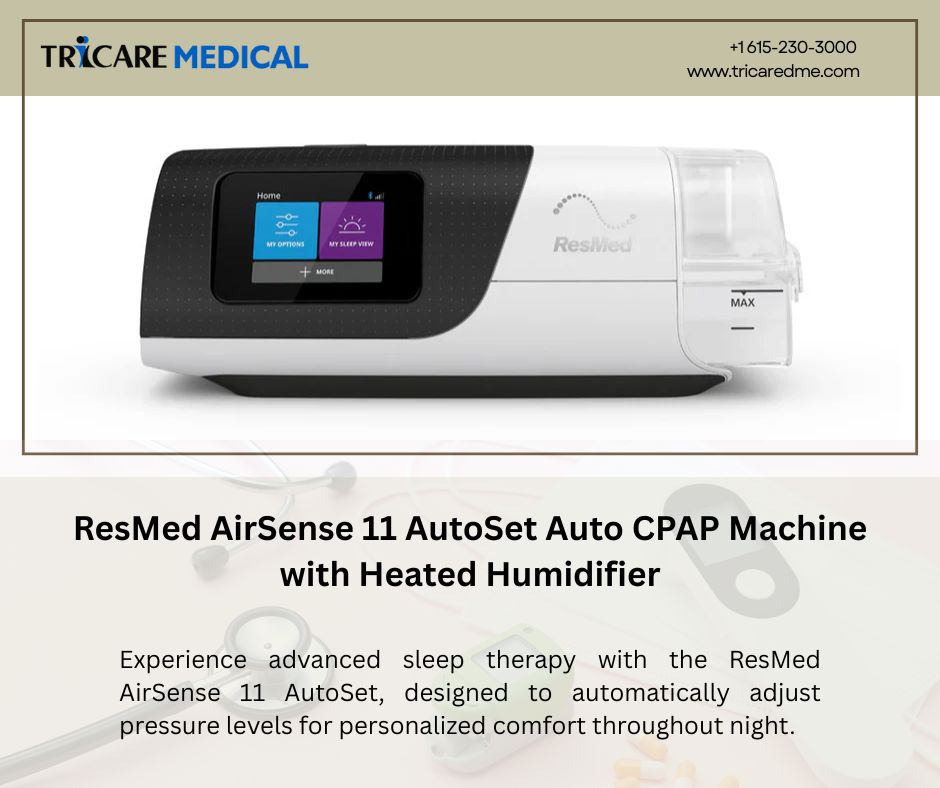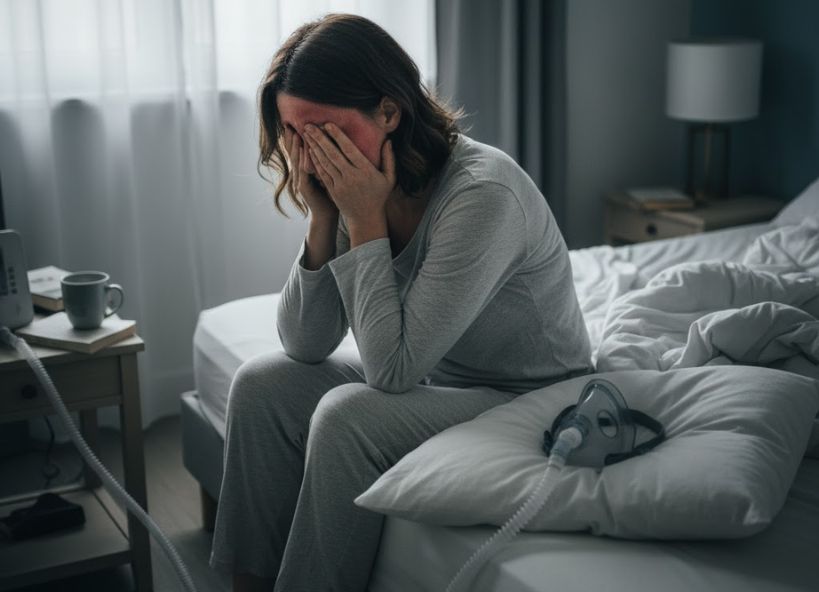Traveling with Sleep Apnea: Tips for a Smooth Journey
- 5 min reading time
Sleep apnea is a common condition that causes interruptions in breathing during sleep. This condition can significantly affect the quality of sleep and overall health, but for many individuals living with sleep apnea, travel doesn’t need to be an obstacle. Whether you're heading on a short weekend getaway or embarking on a long vacation, it’s important to plan ahead and ensure you manage your sleep apnea effectively while on the road. Here are some essential tips for traveling with sleep apnea.
Understanding Sleep Apnea and Its Impact on Travel
Sleep apnea comes in various forms, with the most common being obstructive sleep apnea (OSA), where the airway becomes blocked during sleep. Those who suffer from this condition may experience symptoms such as loud snoring, gasping for air during sleep, excessive daytime fatigue, and difficulty concentrating. Without proper treatment, sleep apnea can lead to more serious health issues, such as heart disease, high blood pressure, and stroke.
When traveling, individuals with sleep apnea need to consider how their condition might affect their sleep quality. Whether you're traveling by car, plane, or train, managing sleep apnea effectively is essential for maintaining your health and well-being throughout the journey.
Bring Your CPAP Machine
For many people with sleep apnea, a Continuous Positive Airway Pressure- CPAP machine is the primary treatment. It delivers a constant stream of air through a mask to keep the airway open during sleep.
While traveling, it's crucial not to forget your CPAP machine. Here are a few things to keep in mind:
Portable CPAP Machine: If you're traveling by plane or other modes of transportation, a portable CPAP machine can be a lifesaver. These compact devices are designed for easy travel without compromising on the quality of your treatment.
Power Source: CPAP machines need a power source to function. If you're flying, confirm with your airline that they allow CPAP use and have available power outlets. For road trips, consider bringing a car adapter or backup power sources like a portable battery pack.
Backup Supplies: Don’t forget to bring extra supplies such as hoses, filters, and masks. The last thing you want is to find yourself without the necessary equipment in a foreign location or remote area.
Plan for Travel Accommodations
When booking hotels or vacation rentals, make sure you confirm that they can accommodate your sleep apnea needs. Here are some key things to consider:
Room with Power Outlets: Ensure the room has accessible power outlets near the bed to plug in your CPAP machine.
Quiet Environment: If you're sensitive to noise, look for quiet accommodations or bring earplugs to block out any disturbances while you sleep.
Space for Your CPAP: Your CPAP machine needs a stable, flat surface to operate, so ensure there’s enough space near the bed for setup.
Carry Necessary Documents and Travel Insurance
If you use CPAP or other medical devices, it’s wise to carry the appropriate documentation to avoid complications while traveling:
Medical Prescription: Keep a copy of your prescription or doctor’s note outlining your sleep apnea treatment. This could be necessary when passing through airport security or traveling internationally.
Travel Insurance: Consider getting travel insurance that covers medical devices in case of loss or damage. This will help you replace or repair any equipment if something goes wrong.
Manage Jet Lag and Time Zone Differences
For travelers crossing time zones, adjusting to a new sleep schedule can be challenging. The disruption to your routine can worsen sleep apnea symptoms and make jet lag more pronounced. Here’s how to manage:
Gradually Adjust Your Schedule: If possible, start adjusting your sleep schedule a few days before your trip to minimize jet lag. Try going to bed and waking up an hour earlier or later each day depending on your direction of travel.
Stay Hydrated: Dehydration can worsen sleep apnea symptoms, so make sure to drink plenty of water before, during, and after your flight.
Consider Alternative Treatment Options
While CPAP therapy is the most common treatment for sleep apnea, some people prefer or require alternative methods. If you’re unable to bring your CPAP machine, here are some options to consider:
Oral Appliances: Dental devices or mandibular advancement devices can help keep the airway open. These are especially useful for those with mild to moderate sleep apnea and are portable, making them ideal for travel.
Positional Therapy: Some people experience sleep apnea mainly when sleeping on their back. In such cases, sleeping on your side may reduce symptoms. There are wearable devices that encourage side sleeping, which could be useful during your travels.
Get Plenty of Rest During the Trip
Travel can be exhausting, and the additional effort required to manage your sleep apnea can take a toll. It’s essential to prioritize rest and sleep hygiene to minimize the impact of sleep apnea while on the go:
Stick to a Sleep Schedule: Try to maintain a consistent sleep schedule, even while traveling. This will help regulate your body’s natural sleep-wake cycle and improve your sleep quality.
Create a Relaxing Sleep Environment: Whether it’s using a white noise machine, blackout curtains, or a sleep mask, create an environment that encourages restful sleep.
Read more: Buy CPAP Mask Online
Conclusion: Travel Doesn’t Have to Be a Struggle
Living with sleep apnea doesn’t mean you have to limit your travel experiences. With the right preparation and a bit of planning, you can enjoy your trip without compromising your health. Bringing your CPAP machine, choosing the right accommodations, and managing your sleep hygiene will ensure that you get the rest you need. Remember to check with your doctor before traveling to discuss your treatment options and make adjustments as needed. Traveling with sleep apnea is entirely manageable, and with the right steps, you can explore the world with confidence and peace of mind.



